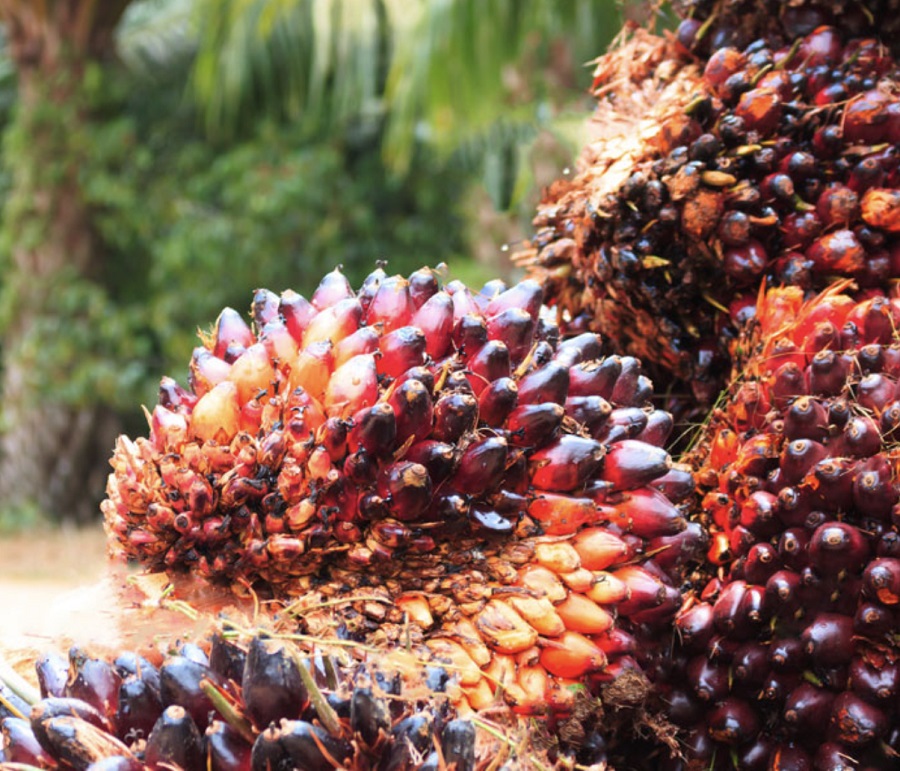
Climate and Sustainable Development Network (CSDevNet) in collaboration with Solidaridad West Africa (SWA) and other stakeholders in the oil palm sub-sector have called on the federal government of Nigeria to create a dedicated oil palm development fund to aid the growth of the sector as well as support the economic diversification agenda of the present administration.
They further advised the government to use 20 per cent of the 35 per cent tariff on importation of fats and oils to improve productivity in the oil palm sector.
The stakeholders, in a communiqué issued at the end of a 2-day workshop and policy dialogue on “Pathways to Inclusive Policies and Climate Resilient Oil Palm Development in Nigeria”, which was organised by SWA, further called on the government to deliberately dedicate a minimum of 60 per cent of the agriculture budget to capital projects to encourage diversification of the economy.
The participants including the Federal Ministry of Agriculture and Rural Development; Department of Climate Change; Nigeria Institute for Oil Palm Research (NIFOR); and Oil Palm Growers Association of Nigeria (OPGAN), said the Nigerian government and private sector should promote climate resilient interventions that would increase an inclusive use of technology, the adoption of Best Management Practices (BMP) and Sustainable Land Use (SLU) in the sub-sector.
Among other things, the stakeholders said the government should facilitate the disbursement of financial services at single digit interest rates to smallholder oil palm farmers to motivate increased productivity in the sector.
According to the communique which was duly signed by participants, “Government, development partners, and the private sector should provide support for extension services and digitalisation of the sector for enhanced performance and contribution to national GDP. Actors involved in the governance of the sub-sector must be transparent, accountable and promote inclusive policies to ensure a sustainable robust contribution of oil palm to national economy.”
“Federal and state governments should review the out-grower or contract farmer business model between big oil palm companies and smallholder farmers to eradicate exploitation and promote sustainable benefits to smallholder oil palm farmers.”
They noted that the Nigerian oil palm sub-sector had nose-dived from its enviable position as a top export commodity income earner in the 1960s adding that despite being produced in 25 States, over $500 million goes into importation of oil annually, therefore restricting the country to the unenviable 5th producer of the commodity globally.
